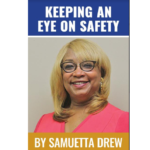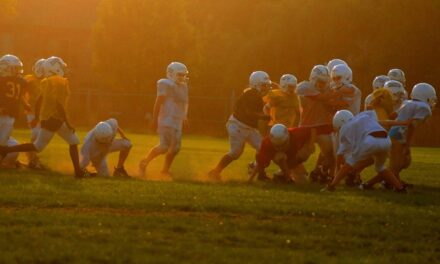The vacation safety series continues. This week’s focus will shift from vacation preparedness safety to staying safe at beach destination vacation sites. Enjoying the beach is probably one of the favorite summer activities because it offers family or individual fun during the summer months. This water fun is accompanied by several safety hazards. This is why staying safe near water is an important part of enjoying your beach outing.
It is important to find and follow posted signs and flags. This is for your safety. You can typically find beach rules posted at the entrance or near the lifeguard stand or tower. Listed below are rules you should follow:
- Follow all beach rules and regulations.
- Keep an eye on children at all times
- Look for flags set up on the beach.
- Know where lifeguard stations are located.
- Look for signs and postings near the entrance or lifeguard tower.
- Talk with lifeguards for tips and information about the beach and water conditions.
Now you know where the signs are posted, but what do they each mean? The outline below provides the general meaning of the colored flags. Your local beach may differ slightly, so never be embarrassed about asking the lifeguard or beach patrol if you are unsure about a flag’s meaning before entering the water. Information, warning, and safety signs may look slightly different around the country in states like Florida and Hawaii, as well as in other parts of the world in countries such as Austria, etc.
- DOUBLE RED FLAG:
water closed, no public swimming - RED FLAG:
high hazard of surf and/or currents - YELLOW FLAG:
medium hazard or moderate surf and/or currents - PURPLE FLAG:
dangerous marine life such as jellyfish, stingrays, or other dangerous fish - GREEN FLAG:
low hazard, calm conditions - BLACK AND WHITE CHECKERED FLAG:
set up along the beach, usually as a pair, to indicate separate sections to help keep swimmers and surfers safely apart in the water.
Keeping an Eye on Safety when at the beach is essential for everyone’s safety and survival.











